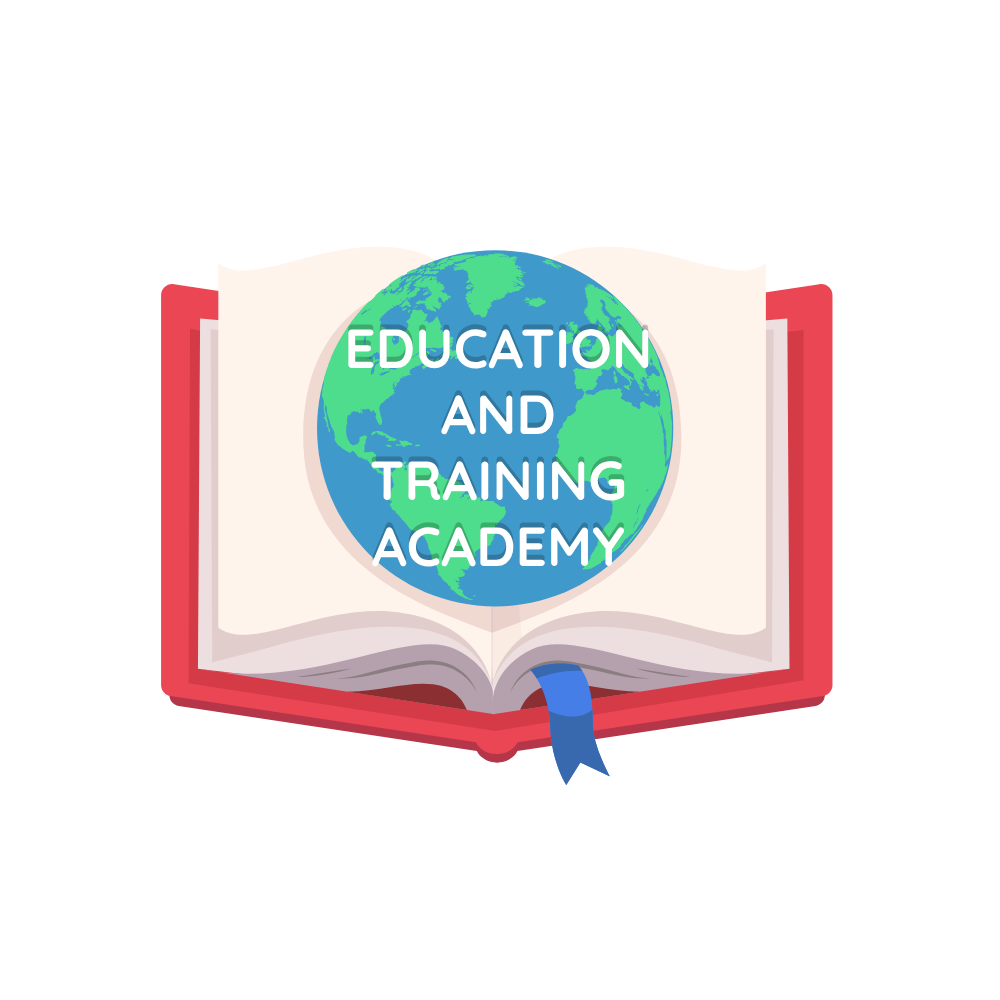UNDERSTANDING CULTURAL DIVERSITY FUNDAMENTAL CONCEPTS FOR EDUCATORS

Certificate Yes
Cost €80/day
Language English
Duration 5 Day course
Cities: Antalya, Bitola
"Understanding Cultural Diversity: Key Concepts for Educators" is a comprehensive course designed to equip educators with the knowledge, skills, and strategies needed to effectively navigate cultural diversity in educational settings. Grounded in the principles of inclusive education and intercultural competence, this course aims to foster a deep understanding of cultural diversity, promote respect for different cultural perspectives, and enhance educators' ability to create inclusive learning environments where all students feel valued and supported.
Aligned with the objectives of the Erasmus+ Programme, this course emphasizes the importance of promoting diversity, equity, and inclusion in education. By exploring key concepts, theories, and practical approaches to understanding cultural diversity, participants will gain insights into how to effectively address the needs of diverse student populations and create enriching educational experiences for all learners.
Description
This course is designed for educators at all levels who are committed to creating inclusive and culturally responsive learning environments. Through a combination of theoretical sessions, interactive workshops, case studies, and reflective activities, participants will explore key concepts related to cultural diversity and develop practical strategies for promoting intercultural understanding and cooperation in their classrooms.
Participants will examine topics such as cultural identity, cultural competence, cultural sensitivity, and cultural responsiveness, gaining a deeper understanding of how cultural factors influence teaching and learning. They will learn how to recognize and address cultural biases and stereotypes, build positive relationships with students from diverse backgrounds, and integrate diverse perspectives into their teaching practice.
Learning Objectives
- Gain a deeper understanding of cultural diversity and its impact on teaching and learning.
- Explore key concepts related to cultural identity, cultural competence, and intercultural communication.
- Recognize and address cultural biases, stereotypes, and misconceptions in educational settings.
- Develop practical strategies for creating inclusive and culturally responsive learning environments.
- Build positive relationships with students from diverse cultural backgrounds and promote a sense of belonging.
- Integrate diverse perspectives and experiences into curriculum design and instructional practices.
- Foster intercultural understanding, empathy, and cooperation among students.
- Reflect on one's own cultural assumptions and biases and their implications for teaching and learning.
Methodology and Implementation
Theoretical Sessions: Participants will engage in theoretical sessions that provide an overview of key concepts related to cultural diversity, cultural competence, and inclusive education. These sessions will include presentations, discussions, and case studies to deepen participants' understanding of theoretical frameworks and their application in educational contexts.
Interactive Workshops: Participants will participate in interactive workshops where they will explore practical strategies for promoting cultural competence and inclusivity in their classrooms. These workshops will include role-playing exercises, scenario-based discussions, and collaborative activities aimed at building participants' skills and confidence in addressing cultural diversity.
Case Studies: Participants will analyze case studies and real-life scenarios to examine how cultural factors impact teaching and learning. Through guided discussions and reflective activities, participants will explore challenges and opportunities related to cultural diversity in educational settings and develop strategies for addressing them effectively.
Reflective Activities: Participants will engage in reflective activities throughout the course to examine their own cultural assumptions, biases, and teaching practices. These activities may include journaling, self-assessment tools, and guided reflections aimed at promoting self-awareness and continuous professional growth.
Assessment Implementation
Reflective Journal: Participants will maintain a reflective journal throughout the course, documenting their insights, experiences, and reflections on key concepts and learning activities. Journals will be reviewed periodically by instructors to assess participants' engagement and depth of reflection.
Case Study Analysis: Participants will analyze and discuss case studies related to cultural diversity in education, applying theoretical frameworks and practical strategies discussed in the course. Case study analyses may be conducted individually or in small groups, with presentations or written reports to demonstrate understanding and application of concepts.
Peer Feedback: Participants will provide feedback to their peers on their teaching practices, lesson plans, and cultural responsiveness strategies. Peer feedback will be used to support collaborative learning, provide constructive criticism, and promote a culture of continuous improvement among participants.
Final Project: Participants will complete a final project that demonstrates their understanding and application of key concepts related to cultural diversity in education. Final projects may take the form of a curriculum unit, teaching portfolio, action plan for promoting cultural competence in their school or classroom, or research paper on a relevant topic.
Daily Programme
Day 1: Introduction to Cultural Diversity
Morning Session:
- Welcome and Course Overview
- Understanding Cultural Diversity: Definitions and Key Concepts
Afternoon Session:
- Workshop: Exploring Personal Cultural Identity
- Case Study Analysis: Cultural Diversity in Educational Settings
Day 2: Cultural Competence and Intercultural Communication
Morning Session:
- Seminar: Developing Cultural Competence as Educators
- Workshop: Enhancing Intercultural Communication Skills
Afternoon Session:
- Role-Playing Exercise: Navigating Cross-Cultural Interactions
- Reflective Activity: Examining Cultural Biases and Stereotypes
Day 3: Promoting Inclusive Learning Environments
Morning Session:
- Seminar: Creating Inclusive Classrooms for All Learners
- Workshop: Strategies for Addressing Cultural Bias and Discrimination
Afternoon Session:
- Group Discussion: Implementing Culturally Responsive Teaching Practices
- Case Study Analysis: Culturally Responsive Curriculum Design
Day 4: Fostering Intercultural Understanding
Morning Session:
- Seminar: Promoting Intercultural Understanding and Cooperation
- Workshop: Building Positive Relationships Across Cultures
Afternoon Session:
- Collaborative Activity: Designing Intercultural Learning Experiences
- Reflection and Feedback: Sharing Insights and Experiences
Day 5: Integration and Application
Morning Session:
- Seminar: Integrating Cultural Diversity Across the Curriculum
- Final Project Development: Applying Learning to Practice
Afternoon Session:
- Final Project Presentations: Sharing Strategies and Insights
- Closing Ceremony and Certificate Distribution
